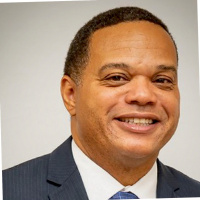Burlington Criminal Lawyer, North Carolina
Sponsored Law Firm
-
 x
x

Click For More Info:
-
Roupas Law Firm PLLC
119 North Greene Street, Suite 100 Greensboro, NC 27401» view mapCriminal Defense Get The Support You Need For Your Case
If you are charged with a crime, you need an experienced criminal defense attorney to represent you and protect your rights.
800-658-8911
Lawrence Thomas McPhail
✓ VERIFIEDLawrence Thomas McPhail is a retired Troop Commander for the North Carolina State Highway Patrol, having served for twenty-eight years. He also served... (more)
Thomas F. Roupas
✓ VERIFIEDOur law firm uses a team approach that insures you receive the information and advice you need with the service and attention you deserve. Our firm ha... (more)
Todd Allen Smith
✓ VERIFIEDAs a fixture in State and Federal Courts across North Carolina since 1999, Todd Smith has dedicated his practice to helping regular people faced with ... (more)
Barry T. Winston
FREE CONSULTATION
CONTACTFREE CONSULTATION
CONTACT Thomas Roupas Greensboro, NC
Thomas Roupas Greensboro, NC AboutRoupas Law Firm PLLC
AboutRoupas Law Firm PLLC Practice AreasExpertise
Practice AreasExpertise




